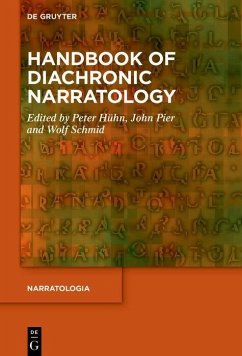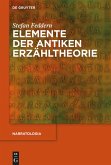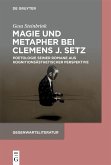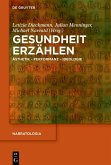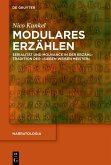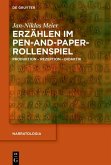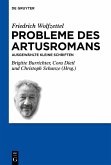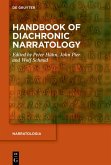This handbook brings together 42 contributions by leading narratologists devoted to the study of narrative devices in European literatures from antiquity to the present. Each entry examines the use of a specific narrative device in one or two national literatures across the ages, whether in successive or distant periods of time. Through the analysis of representative texts in a range of European languages, the authors compellingly trace the continuities and evolution of storytelling devices, as well as their culture-specific manifestations. In response to Monika Fludernik's 2003 call for a 'diachronization of narratology,' this new handbook complements existing synchronic approaches that tend to be ahistorical in their outlook, and departs from postclassical narratologies that often prioritize thematic and ideological concerns. A new direction in narrative theory, diachronic narratology explores previously overlooked questions, from the evolution of free indirect speech from the Middle Ages to the present, to how changes in narrative sequence encoded the shift from a sacred to a secular worldview in early modern Romance literatures. An invaluable new resource for literary theorists, historians, comparatists, discourse analysts, and linguists.
Peter Hühn, University of Hamburg, Germany; John Pier, University of Tours and CRAL (CNRS), Paris, France; Wolf Schmid, University of Hamburg, Germany.
Peter Hühn, University of Hamburg, Germany; John Pier, University of Tours and CRAL (CNRS), Paris, France; Wolf Schmid, University of Hamburg, Germany.
Dieser Download kann aus rechtlichen Gründen nur mit Rechnungsadresse in A, B, BG, CY, CZ, D, DK, EW, E, FIN, F, GR, HR, H, IRL, I, LT, L, LR, M, NL, PL, P, R, S, SLO, SK ausgeliefert werden.

